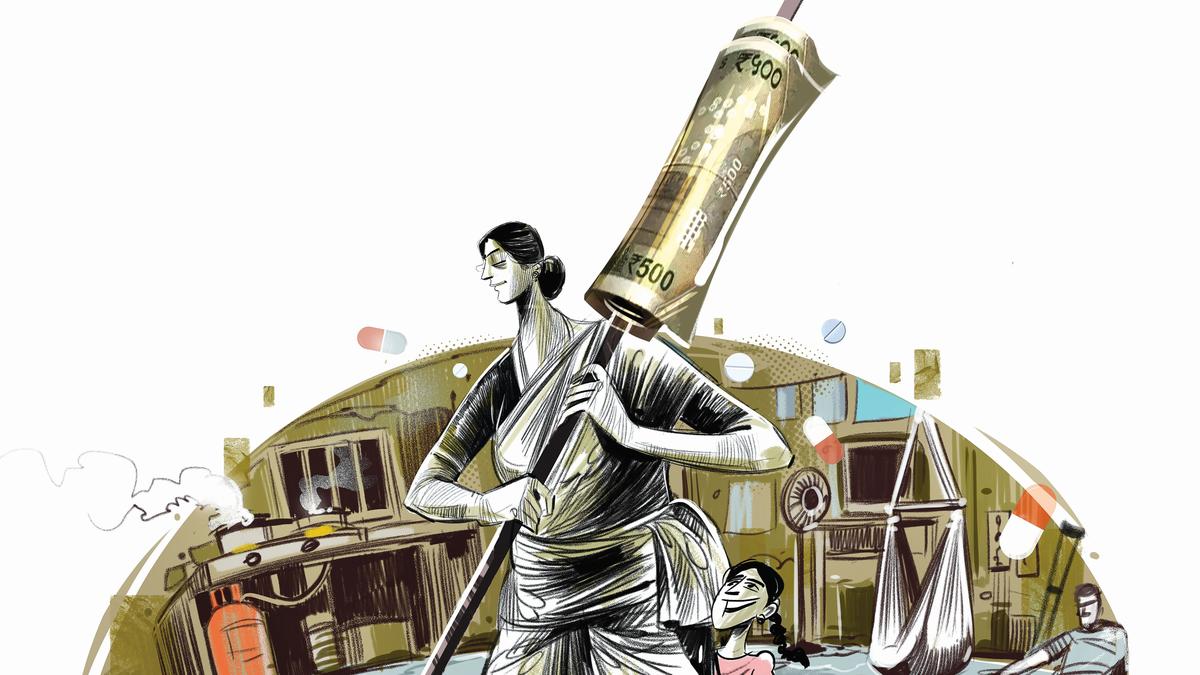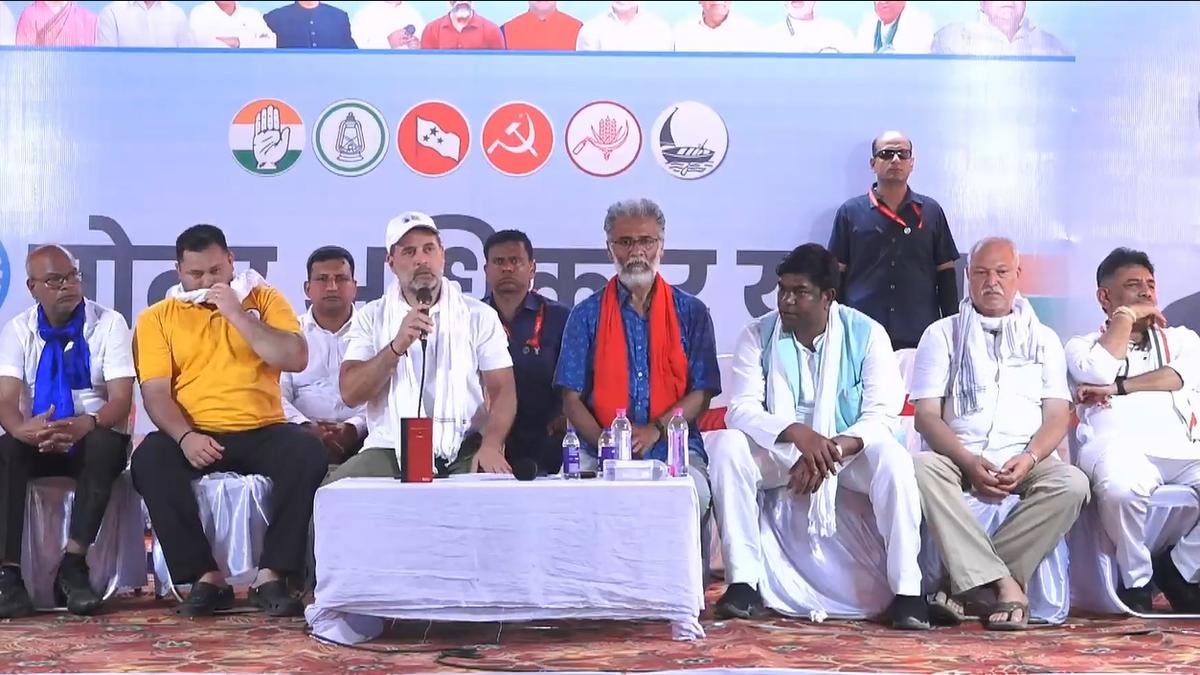Now Reading: Kalaignar Magalir Urimai Thogai Scheme: Recognizing Women’s Role in Family Care
-
01
Kalaignar Magalir Urimai Thogai Scheme: Recognizing Women’s Role in Family Care
Kalaignar Magalir Urimai Thogai Scheme: Recognizing Women’s Role in Family Care

Swift Summary
- Tamil Nadu launched the Kalaignar Magalir Urimai Thogai (KMUT) scheme in September 2023 to provide ₹1,000 monthly support to women heads of families earning less than ₹2.5 lakh annually.
- the scheme recognizes unpaid domestic and care work traditionally performed by women and aims to provide financial independence. Tamil Nadu is the frist State in India to implement such a program, with similar efforts initiated by Karnataka, Maharashtra, and Jharkhand later.
- Over 1.14 crore beneficiaries report using the funds for household necessities, healthcare access, savings for education, debt repayment, or starting small businesses. For many women like S Maheswari and V Malar, this modest sum has been a source of dignity and emergency security amidst familial challenges.
- Despite its objectives, the KMUT scheme faces implementation gaps: some applicants report delays or irregularities in receiving payments without clear explanations from authorities.
- Experts suggest broader initiatives to address systemic social perceptions of care work as solely women’s responsibility and advocate educational campaigns involving men as equal stakeholders.
Indian Opinion Analysis
the Kalaignar Magalir Urimai Thogai marks a significant step towards recognizing women’s domestic contributions long overlooked in policymaking. The acknowledgment of unpaid care work highlights evolving conversations around gender equity in economic contributions within households across India. While impactful for millions of marginalized women seeking financial autonomy or stability during emergencies – as highlighted by testimonials – inconsistent delivery mechanisms risk undermining its intent.The potential broader implications include fostering awareness on gender dynamics through public campaigns that emphasize shared responsibilities within households beyond cash transfers alone-sparking institutional responses aimed at systemic caregiving reforms across pillars like childcare facilities or elder care infrastructure nationwide while reducing entrenched burdens defining everyday marginalization rooted disproportionately affecting these affected demographics unfairly`!*.
Read more
























